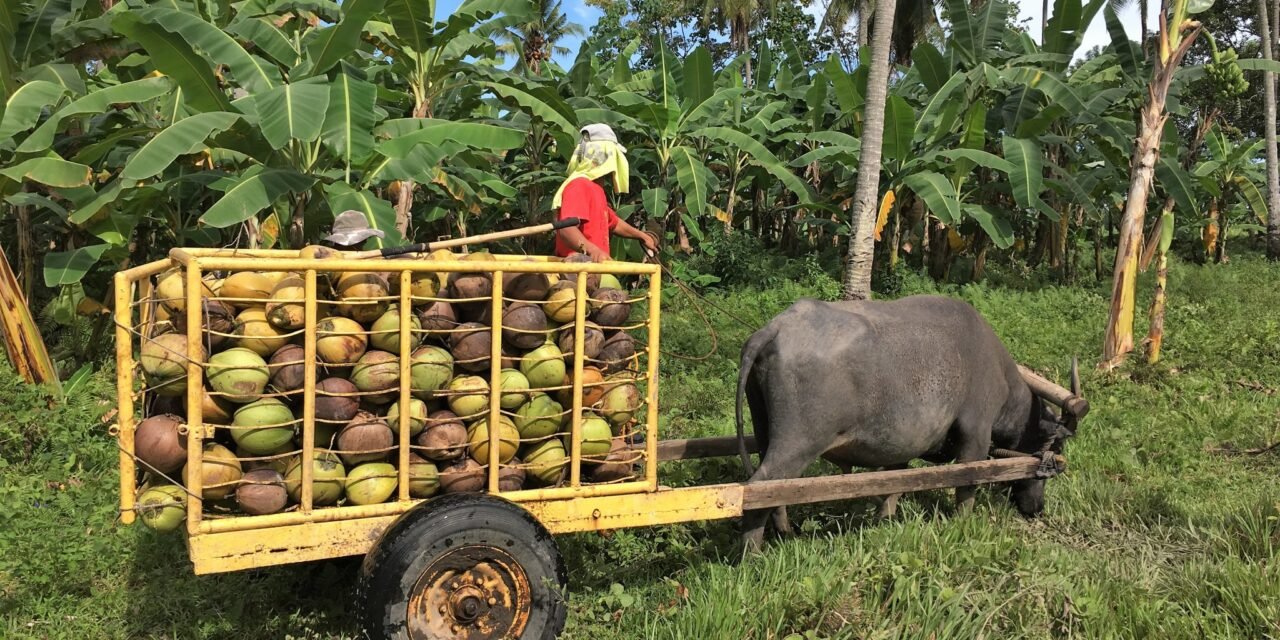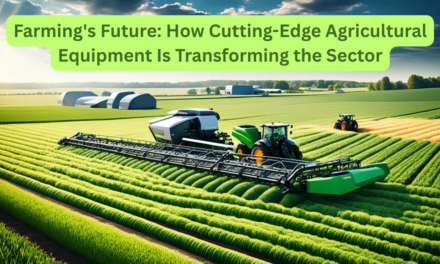Coconut farming is significantly transforming rural livelihoods across various regions, providing economic opportunities and promoting sustainable agricultural practices.
Empowering Farmers with Sustainable Practices
In the Philippines, the Livelihood-Coconut project is empowering farmers by introducing sustainable practices to enhance farm management and increase yields. Training initiatives focus on efficient techniques such as trimming old leaves, cleaning crowns, and composting. Additionally, replacing approximately 30% of senile coconut trees with high-yielding varieties enables farmers to produce around 100 nuts per tree annually within 3 to 4 years.
Adding Value to Coconut Products
Companies like Kentaste are adding value to coconuts by creating diverse products, thereby providing farmers with sustainable income sources. This approach helps farmers move beyond selling raw coconuts through informal markets, offering them better pricing and economic stability.
Integrating Beekeeping and Intercropping
Innovative practices, such as integrating beekeeping and intercropping, are enhancing coconut farming. For example, raising stingless bees not only boosts coconut fruit growth through pollination but also generates additional income through honey sales. Intercropping with crops like bananas, edamame beans, and local herbs diversifies income streams and promotes sustainable farming.
Restoring Livelihoods Post-Disasters
In the Philippines, the FAO has implemented initiatives to restore the livelihoods of coconut farmers affected by natural disasters. By introducing short-term, medium-term, and permanent crops alongside coconut plantations, farmers can utilize idle land and gain alternative income sources, enhancing resilience and food security.
Training in Good Agricultural Practices
The International Labour Organization (ILO) is providing training on Good Agricultural Practices (GAP) to coconut farmworkers. This training enables the adoption of sustainable and effective techniques, improving productivity and ensuring environmental sustainability.
Coconut farming is transforming rural livelihoods by introducing sustainable practices, adding value to products, diversifying income sources, restoring livelihoods post-disasters, and promoting effective agricultural techniques. These initiatives contribute to economic growth, food security, and environmental sustainability in rural communities.









